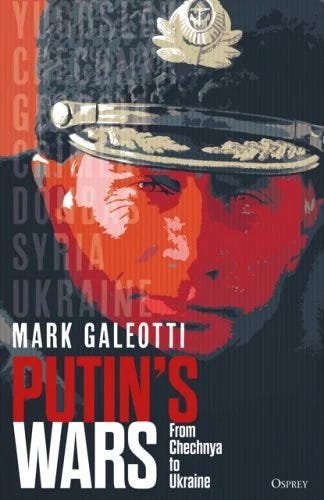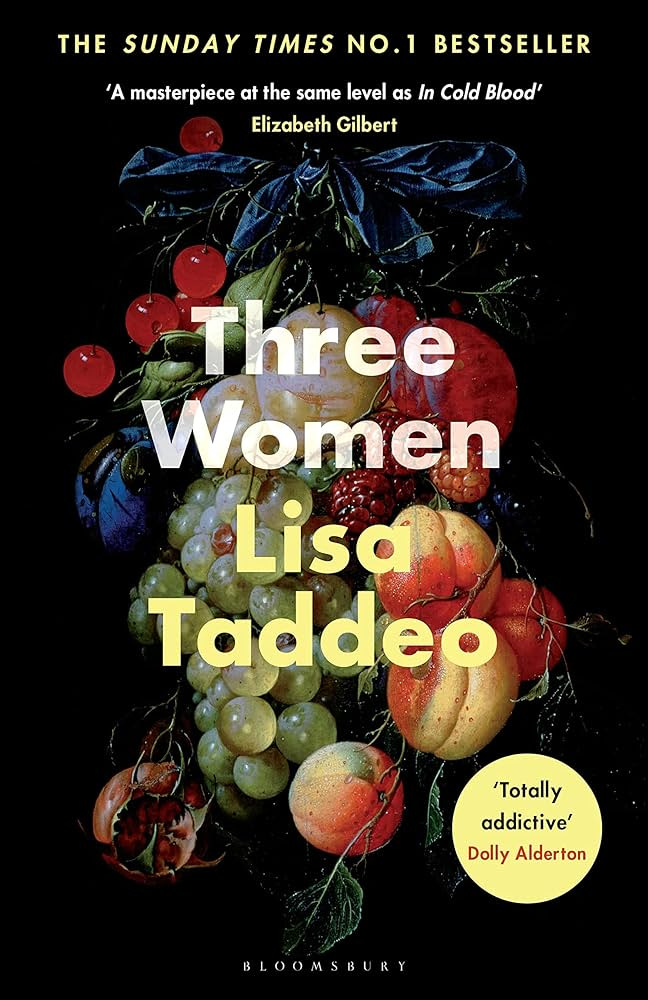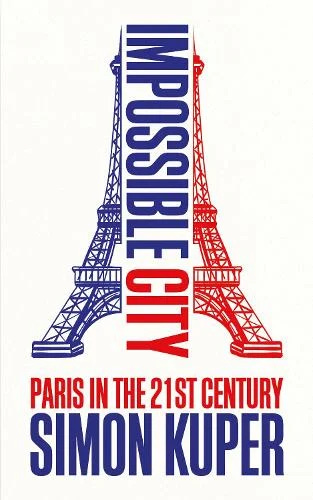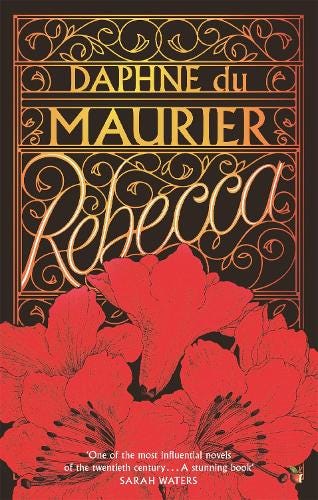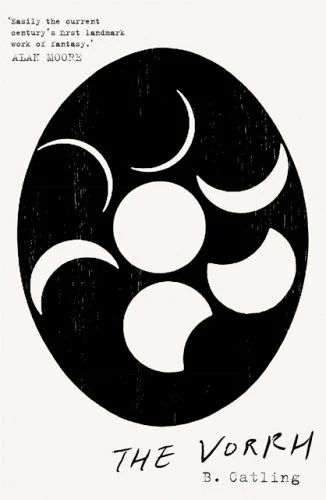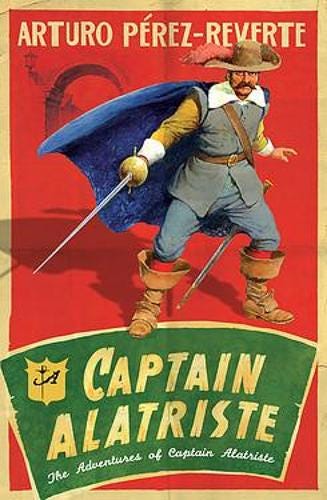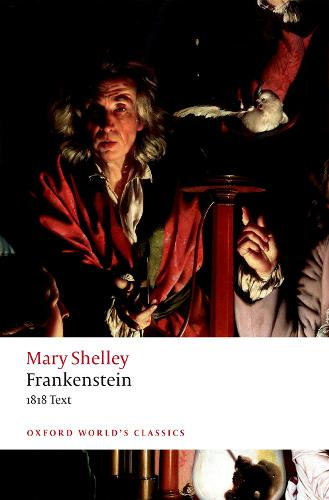Don’t worry - I’ve not decided to rebrand the blog again. Defence commentary with a dose of snark will return to normal scheduling in the New Year. However, in this strange non-week between Christmas and New Year’s Day, I’m on leave, my body consists of at least 90% wine and cheese1, and frankly I don’t want to think too much about ‘work’ stuff quite yet. As such, I’d thought I’d turn my hand to writing about one of the great loves of my life - reading.
Due to various circumstances, I haven’t read as many full books this year as I usually would. Travel, deployment, work, the need for online research (articles, journals, magazines, etc) and a complete lack of routine (see above re. travel and work) have got in the way of me sitting down comfortably to read. However, I’ve managed to get through 22 complete books this year, which in the circumstances could be worse. Next year I hope to almost double that!

My reading has been quite badly skewed as well. I only read four books written by women this year, which is frankly appalling, and only two books originally written in a language other than English. In terms of era, my reading was almost entirely of books from the late 20th and early 21st centuries, with only one from earlier (the 19th). Next year I’d hope for a broader reading experience. Nevertheless, I’ve read some solid titles this year with very few duds, so I will take that as a win!
Best Defence-Related Book: Putin’s Wars (Mark Galeotti)
Okay fine. I write a defence blog, I may as well offer up my favourite defence-related book of the year.
Galeotti - for those of you who don’t know him - is one of the premier commentators on Russian affairs, with decades of experience watching and studying the country (do listen to his podcast, it is excellent). Putin’s Wars is the story of the modern Russian military from the collapse of the USSR onwards, and how it has been shaped, reshaped and misshaped over that period. Breezily-written (if slightly too obsessed with pointless detail on military equipment) and informative, it’s well worth a read.
Lingering Image: The failures of the Russian Army (booo) in Grozny.
Book that I read that I wouldn’t usually pick up: Three Women (Lisa Taddeo)
This book was chosen by my book club, and I’m glad that it was as I wouldn’t have picked it up otherwise. Quite well known now, it is the non-fiction account of three women in the USA and their - frankly depressing - relationships with men. Well-written, intense, and unsparing, Three Women is not an easy read, but nor should it be. Reading it as a man, it is a strong reminder of the difficulties women face and provides umpteen examples of how not to act as a partner. A difficult book, but an important one.
Lingering Image: The horrifying, drawn-out court case between Maggie and her English teacher.
Book that was better than I thought it would be: Impossible City (Simon Kuper)
This short non-fiction book is the author’s account of Paris, a city that he has lived in for the better part of three decades. An instinctive francophile who had recently visited the French capital, I felt obliged to pick it up.
For those who are not aware, Simon Kuper is a long-standing columnist for the Financial Times (the best paper in the world, IMO). I admit to having mixed feelings on some of his weekly commentary, and therefore I approached this book with trepidation. However, I found it to be exceptionally readable, hugely insightful, and often a lot more humourous than expected. It contains revealing commentary on the character, society and politics of both Paris and of France, told through the eyes of a expatriate. Highly recommended, especially if you are intending to visit this unique metropolis any time soon.
Lingering Image: The social minefield of living in a Parisian apartment block.
Classic that I finally got round to reading: Rebecca (Daphne du Maurier)
How have I managed to avoid Rebecca all this time? This year I decided to fill this strange void in my literary knowledge by finally opening a copy of this titan of 20th century literature. Read during a deployment to the Middle East, Rebecca transported me to the story of Manderley and its troubled inhabitants. Dark, intense, and gothic, I adored every moment of it.
Lingering Image: The incendiary finale.
Most disappointing book: The Vorrh (Brian Catling)
Forever a fan of weird fiction and strange fantasy, I have had The Vorrh on my to-read list for years. Set in a surreal fantasy version of early 20th century history, it combines colonial, biblical, and industrial themes, focused around a vast Edenic forest. I was expecting to adore it - but I didn’t.
The Vorrh contains everything I would usually love about a book - weirdness, historical fantasy, unexplained happenings, rich prose. In so many ways it succeeds; the world is beautifully strange, and the prose - though dense - is delightfully poetic and allusive. However, the book is unrelentingly cruel and unsparing in its darkness, to the point where I found it off-putting. I don’t mind grim books but having characters with absolutely no redeeming features became tiring (the complete lack of humour does not help either). Furthermore, Catling’s portrayal of female characters is distinctly less-than-stellar; The Vorrh reads like a edgy book from the 1970s or 1980s rather than the 2010s when it was actually published. I found the cruelty and the darkness, when combined with the lack of humour and, frankly, pretentiousness of the novel, just too much and by the end reading it became more of a chore than a pleasure. I don’t think I can be bothered with its sequels. Fans of wierd fiction should read China Mieville or Jeff Vandermeer instead.
Lingering Memory: Some very unpleasant scenes which I won’t describe here.
Best Romp: Captain Alatriste (Arturo Pérez-Reverte)
This gem was recommended to me by my partner, and I burnt through it eagerly in about two days. Originally written in Spanish by a famed foreign correspondent, it is the first of a series of adventure novels detailing the life of a sword-for-hire during the Spanish Golden Age. Bucklers are swashed, bodices are ripped, duels are had in abundance, and there is a steady parade of cameos from famous historical figures. Focused on a period of history not often covered in English-language fiction, it is perfect for fans of Bernard Cornwell, Alexander Dumas or Patrick O’Brian.
Lingering Image: The Spanish army wading through swamps to fight the English in the Low Countries.
Best Re-Read: Frankenstein (Mary Shelley)
I have read Frankenstein a lot.2 I studied it at GCSE, A-Level, and then again at University. As such, for years my experience of the novel was tainted by association with study, and I’ve had a resultant love-hate relationship with Shelley’s work.
However, coming back to Frankenstein for the first time in years, I’ve found a new appreciation for the book. It is dark, passionate, and its themes of destructive ambition and unrestrained technology remain relevant. A classic of the Gothic, of Romanticism, of Science Fiction, and of Horror, it deserves its place in the canon of English Literature.
Lingering Image: the Creature bounding over the ice flows of Switzerland towards his creator.
Overall Best Book(s): Rebecca (Daphne Du Maurier) and A Perfect Spy (John Le Carré)
It was too difficult to decide on one, so I cheated and went for two.
Rebecca - already described above, but I was utterly absorbed by the terrifying secret of Manderley and I loved every minute of it.
A Perfect Spy - this work is widely seen as Le Carré’s greatest single novel and I’d probably agree. The complex tale of the confession - and breakdown - of a British spy, it is a beautifully-written tale of compromised people and the cumulative degradation of constantly living through falsehoods. The insights into the character of the English upper-middle-classes are vivid and to a great extent still ring true today. It is, of course, also a fantastic espionage novel, full of the usual twists and turns.
Lingering Image: Le Carre’s idiosyncratic, character-driven prose as he describes the complex inner lives of his characters.3
Honourable Mentions:
Arms of the Future (Jack Watling): a short treatise on trends in land warfare and potential near-future battlefields. Well-argued analysis, and a worthwile read for the deep military nerds.
The Last Days of New Paris (China Mieville): A excellent novella from one of my favourite authors. Surrealist art, French Resistance Fighters, the Nazis and Hell itself duke it out amongst the ruins of a twisted apocalyptic Paris. Great fun.
I hope that you enjoyed this little detour, and that you’ve had a good 2024! Do let us know if you have read any of the above, and have any thoughts on them - or if you have any reading gems of your own!
Finally, I’d always want to recommend buying books from independent bookshops. The vast majority of the links above are to The Bookshop, which allows you to buy books online from independent retailers. There is a US version of the website as well.
All the best,
Matthew
So…. much…. Comté……
Fun fact: the various editions of Frankenstein are surprisingly different. Most scholars consider the original 1818 edition to be the purest and the best.
Le Carré offers excellent examples of free indirect discourse in his prose.




